Fertilize Lemon Tree: How And With Which To Fertilize Properly?
The yellow fruits of the lemon tree bring Mediterranean flair to our gardens. You can find out when, how, and with what to fertilize the lemon tree properly here.
The lemon tree (Citrus limon) with its bright yellow fruits is one of the most popular citrus plants among the diamond plants (Rutaceae). Due to its sensitivity to cold, the lemon tree is cultivated almost exclusively in planters in our latitudes. In a sheltered location with sufficient sunlight, it can even be placed outside in the garden or on the terrace during the summer months. Under ideal location and care conditions, nothing stands in the way of a rich lemon harvest.
The general storage capacity of nutrients in the planter is limited, which is why the lemon tree must be fertilized regularly. But when, how, and with what is it best fertilized? We have summarized the answers to these questions for you in this article.
When to fertilize the lemon tree?
Table of Contents
The lemon tree is only fertilized when it grows. The growth depends primarily on the temperature and the lighting conditions. In a warm, bright location, the citrus plant grows quickly and has a higher nutrient requirement than in a cool and dark place. During the growing period from April to September, you should therefore observe the lemon tree closely in order to be able to make need-based fertilization.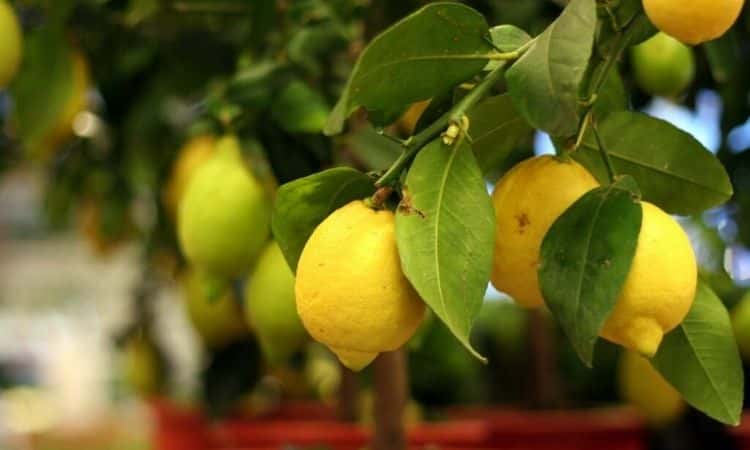
Basic fertilization (end of April) ensures lush growth and lush green leaves at the beginning of the growing season. It is best to use an organic long-term fertilizer in granulate form. You can sprinkle it on the planting disc and work it in easily. During flowering and fruiting, you should pay attention to deficiency symptoms and fertilize if necessary. After the lemon tree stops growing in autumn, it should no longer be fertilized to avoid overfertilization during the resting phase in winter.
Summary
- Use a suitable substrate and replace it regularly
- Basic fertilization in spring (end of April)
- Fertilize during the growth period if necessary
Recognizing deficiency symptoms in the lemon tree
A nutrient deficiency is likely if you have not fertilized your lemon tree and have not been repotted for a long time. The most common deficiency in citrus plants is a yellowing of the lemon tree leaves along the leaf axes due to an iron deficiency. The leaf veins usually remain green. If there is no iron left in the soil, it is essential to feed it in chelating form and preferably directly via leaf fertilization, so that it can be absorbed by the plant as soon as possible.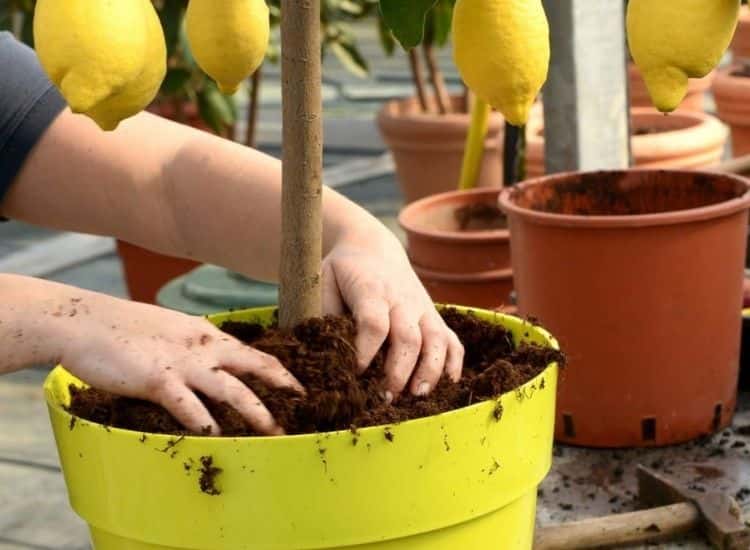
Further information on the procedure as well as suitable products for iron fertilization can also be found here. However, the reasons for the shortage may also lie elsewhere. Wetness, cold roots (so-called winter chloroses), or too high pH of the soil also lead to an inhibited iron absorption. But even too much phosphate fertilization is harmful and can result in iron deficiency chloroses. This makes it all the more important to fertilize according to needs, which can prevent such a deficiency.
How Fertilize Lemon Tree?
With the wide range of special citrus fertilizers on the market, it is easy to lose track. When fertilizing lemon trees, the right combination of nutrients is the most important thing. The plant mainly needs nitrogen for growth, phosphate for flowering, and potassium for fruit formation and plant health.
The ideal fertilizer should contain approximately the same amount of nitrogen and potassium. The phosphate quantity should be slightly lower. In addition, sufficient magnesium content (approximately 2%) as well as other trace elements such as boron, copper, and manganese.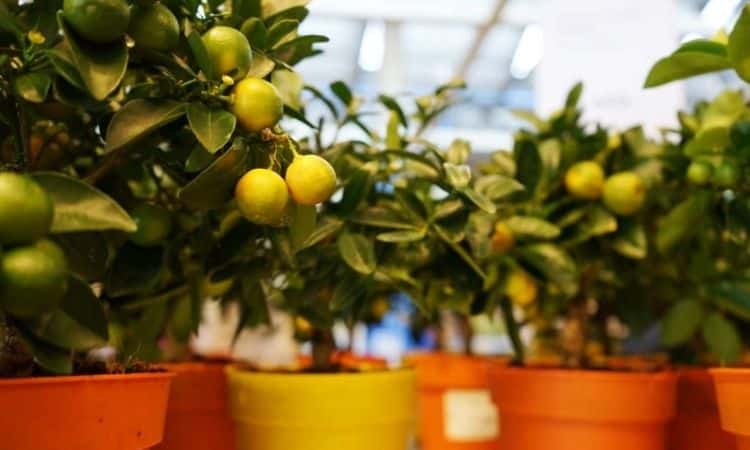
Instructions: How To Lemon Tree Organic Fertilization
More and more garden lovers rely on organic long-term fertilizers for the fertilization of citrus fruits. These also have many advantages, especially when fertilizing lemon trees, such as:
- Long-term nutrient supply to the lemon tree due to slow decomposition by microorganisms in the soil
- Activation of soil life (mainly microorganisms)
- Particularly gentle on the environment by the absence of chemical production
Instructions and dosage quantities for lemon trees
- Before planting: Depending on the size of the tree, incorporate about 1.4- 4.2 oz (3 to 10 heaped tablespoons) into the soil
- Pour the freshly inserted lemon tree well so that the granules can dissolve
- Annual spring: Fertilize 1.7 -5.2 oz per tree (4 to 12 tablespoons) depending on the size of the tree
- Small fertilization about 3 to 4 weeks before the harvest supports the plant optimally again
Lemon tree mineral fertilization
In addition to organic fertilizers, there is also a wide selection of mineral fertilizers. The nutrients are already available in pure form in artificial fertilizers and can be absorbed directly from the soil solution from the plant. The use of liquid fertilizers and co. ensures a fast nutrient boost, but also brings with it some disadvantages.
Mineral fertilizers, for example, contain high salt concentrations, which are washed out into deeper soil layers and can lead to increased nitrate pollution in groundwater. The high energy expenditure for the production also does not speak for the use of these artificial fertilizers.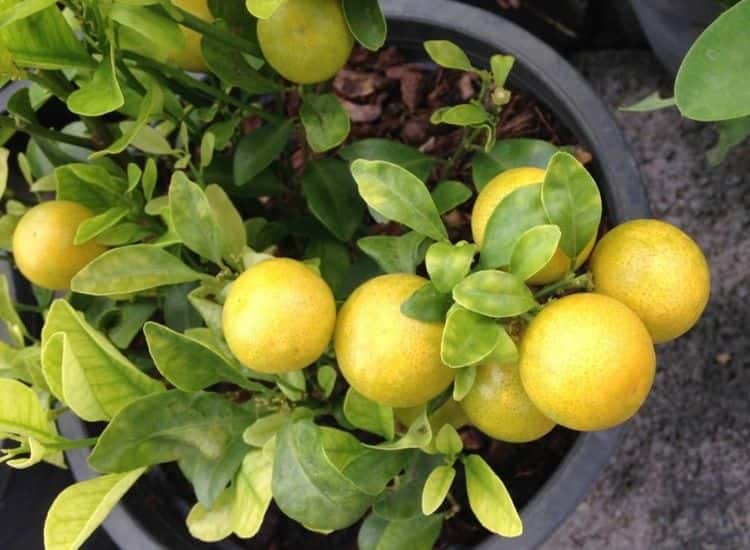
Lemon tree with coffee grounds
If you prefer to rely on natural fertilizers in your garden, there are also various possibilities. However, since soil life in the container is limited, it is recommended, for example, to use mature compost, which has already been partially decomposed during composting. A plant sud made from nettle is also ideal for fertilizing your lemon tree. In addition to abundant iron, it contains other minerals and trace elements that optimally support your plant during the growth phase. It is best to add the brew to the water or spray it directly as leaf fertilization.
Another popular natural fertilizer is produced almost daily as a waste product in many households: fertilization with dried coffee grounds is good for your plants. This contains a lot of nitrogen and phosphate and can be scattered on the earth or added to the water. However, due to its high acidity, coffee grounds should only be used as long-term fertilizer (once or twice a year).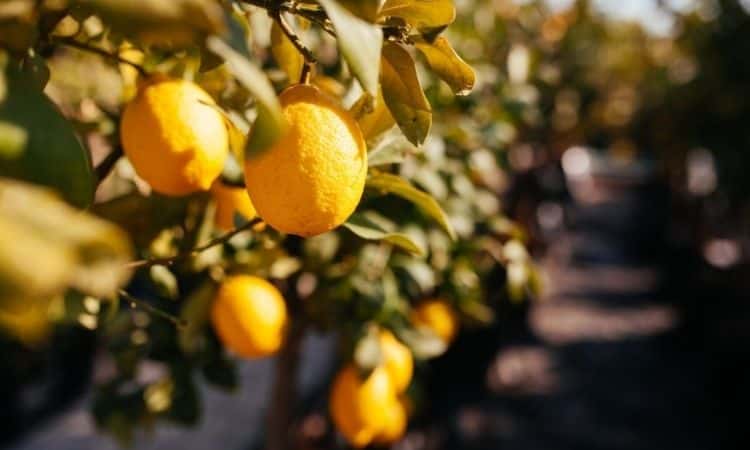
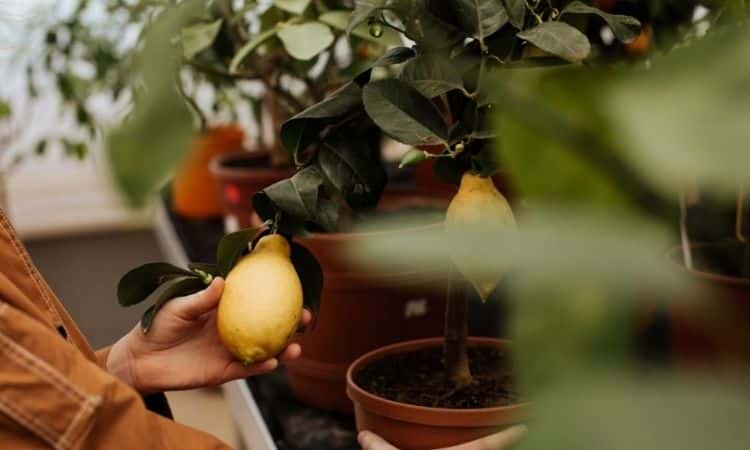
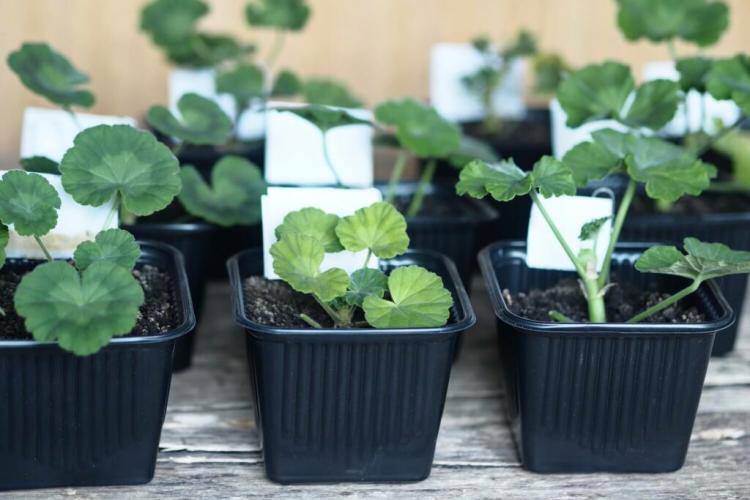

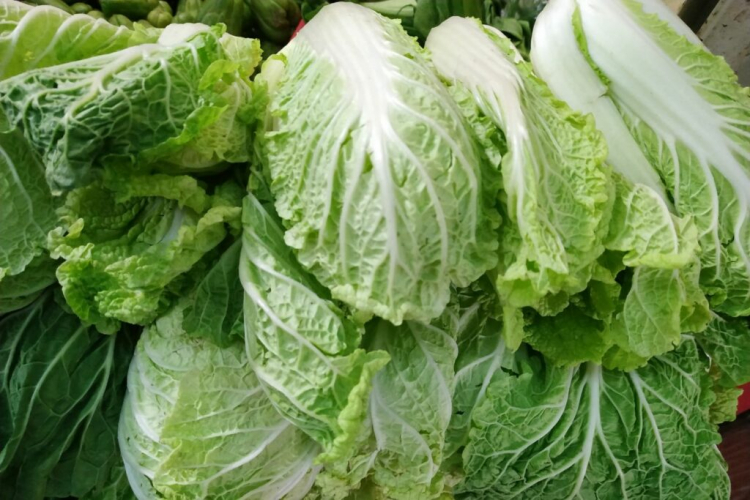
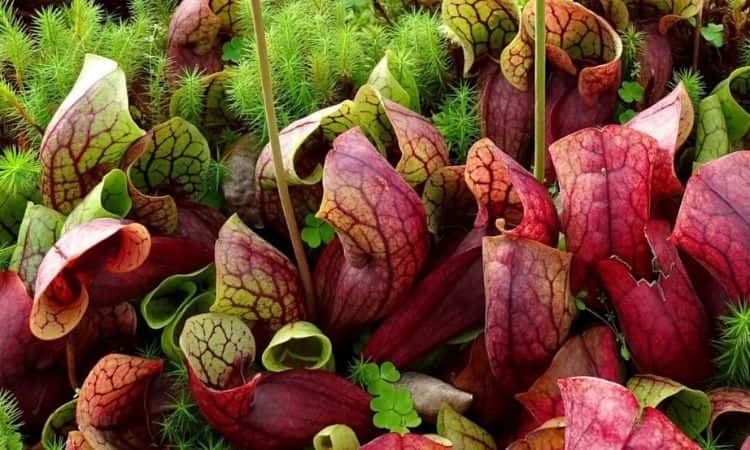
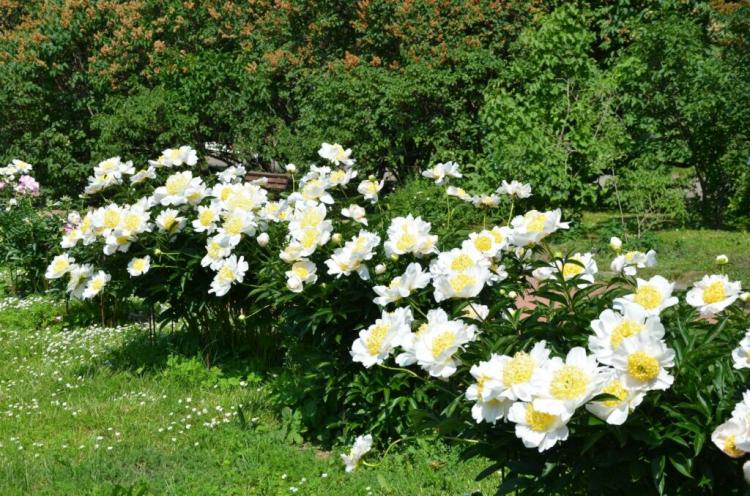
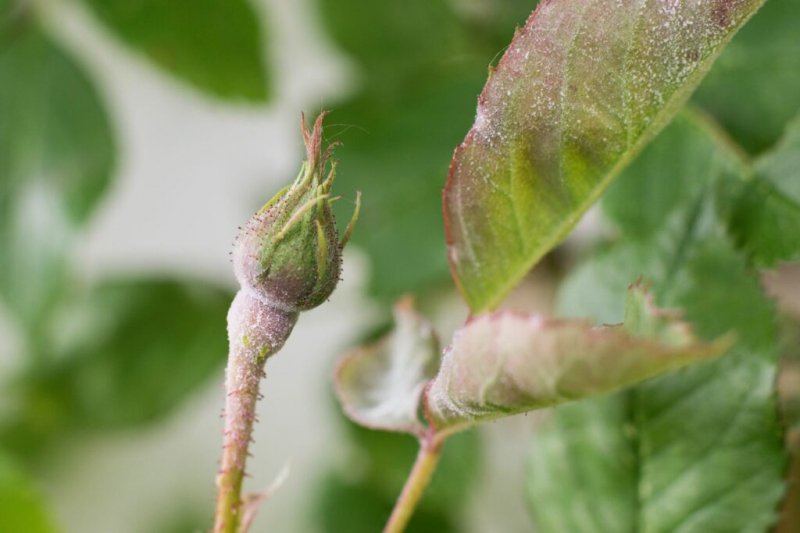
I watched your video and you mentioned that your lemon tree did not flower last year. Mine did not either. Do they only flower every two years? I will try the fertilizer that you recommended.
Thank you.
You’re welcome, Doreen. Very glad that my recommendations helped you.